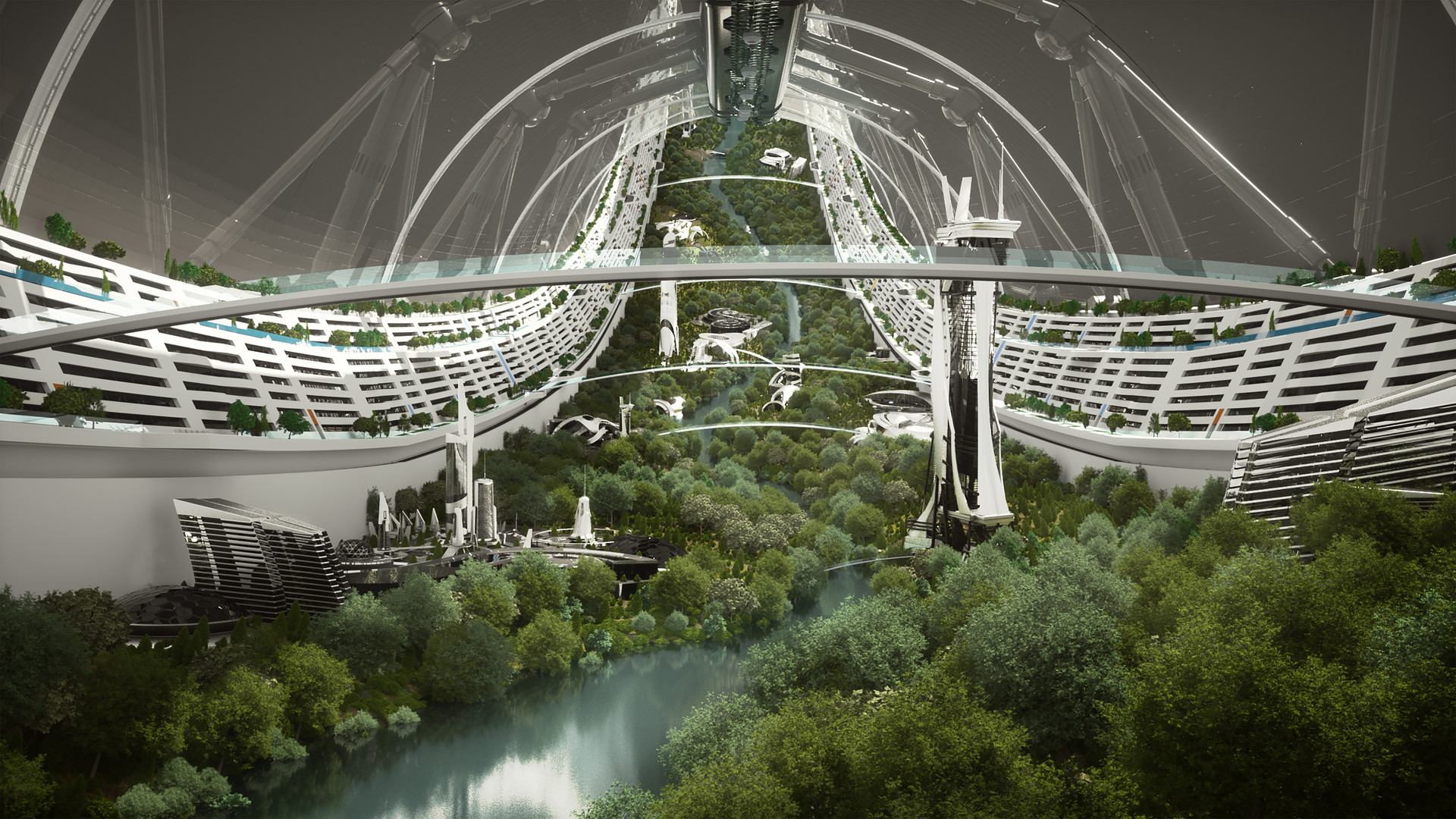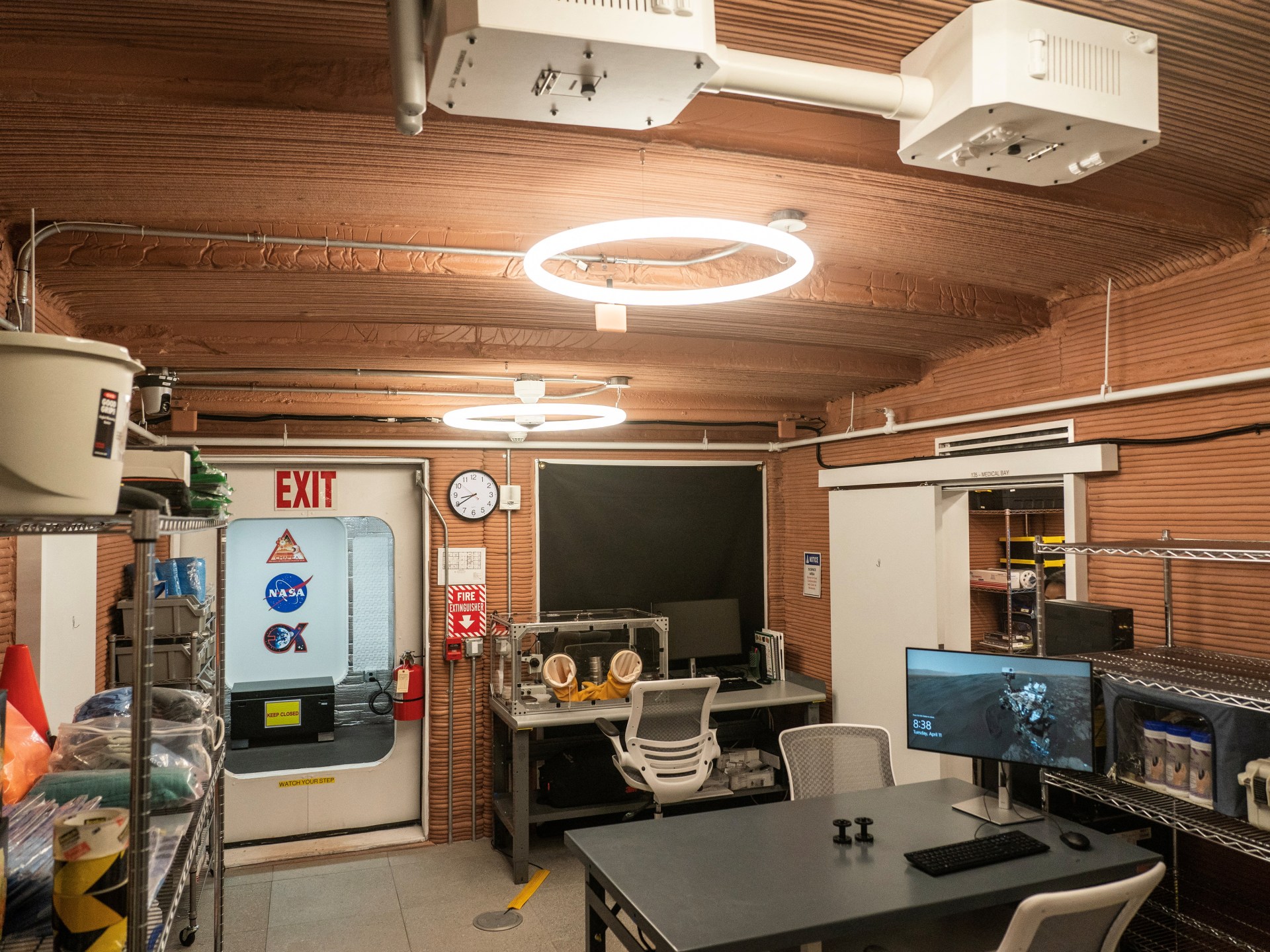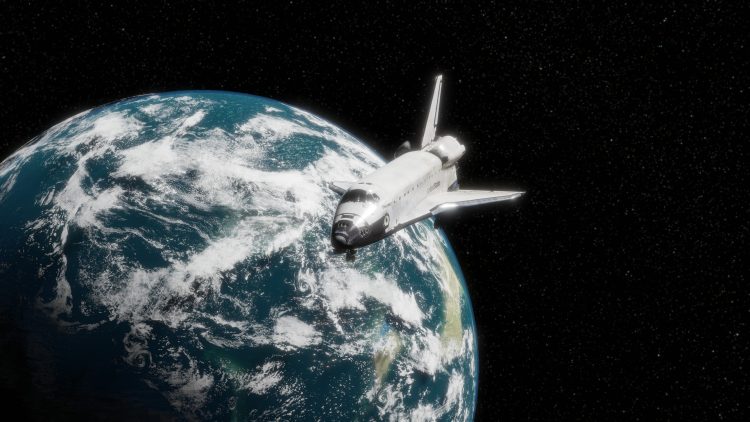Introduction
For centuries, humanity has dreamed of the stars—of venturing beyond our blue planet to establish new homes in the vastness of space. The idea of colonizing other worlds evokes awe, hope, and the tantalizing possibility of a fresh start. But in a world riddled with climate crises, geopolitical strife, and social inequality, one critical question arises: Are we genuinely pioneering new civilizations, or merely attempting to escape Earth’s mounting problems?
This question is not just philosophical. It touches the core of our ambitions in space exploration, the ethics of extraterrestrial settlement, and the future trajectory of human civilization. This article delves into the multifaceted dynamics behind space colonization—examining technological realities, sociopolitical motivations, ethical considerations, and the deeper human impulse driving this grand adventure.
1. The Dream of Colonization: From Myth to Reality
Since ancient times, humanity’s stories and myths have been suffused with dreams of other worlds. Whether it was the voyages to unknown islands or the search for the “New World” during the Age of Discovery, expansion has always been part of our identity.
Modern space colonization, however, is a different beast. No longer a mere fantasy, it’s becoming technically feasible. With NASA, SpaceX, Blue Origin, and other agencies pioneering space travel, Mars, the Moon, and even asteroids are being eyed as potential habitats.
- Technological Advances: Reusable rockets, life-support systems, in-situ resource utilization (ISRU), and advances in habitat design all contribute to the possibility of sustainable extraterrestrial settlements.
- Scientific Motivation: Colonies can serve as platforms for scientific research, unlocking secrets of planetary formation, astrobiology, and the origins of life.
Yet, the dream is not without challenges. Space is unforgiving—extreme radiation, microgravity effects on human health, psychological isolation, and logistical complexities loom large.
2. The Earthly Impetus: Why Colonize?
Why do we want to build colonies at all? The motivations can be broadly grouped into several categories:
2.1 Survival of the Species
Earth faces existential threats: climate change, nuclear war, pandemics, and ecological collapse. The argument goes that a multi-planetary existence is an insurance policy for humanity’s survival.
- Biosphere Fragility: Our planet’s delicate ecosystems can be wiped out in a blink by natural or human-made disasters.
- Planetary Protection: Spreading out reduces the risk that a single catastrophe—asteroid impact or supervolcano eruption—could annihilate us.

2.2 Economic and Technological Growth
Space colonies could unlock new resources—minerals from asteroids, solar energy harvesting, and even space tourism.
- New Markets: Off-world colonies could spark unprecedented economic growth through mining, manufacturing, and scientific ventures.
- Technological Innovation: The extreme conditions of space drive technology that could spin back benefits to Earth.
2.3 Exploration and Curiosity
Humans are inherently explorers. The drive to discover, push boundaries, and understand the universe is deeply embedded in our psyche.
- Scientific Curiosity: The Moon and Mars offer unique laboratories to understand planetary sciences.
- Cultural Expansion: Space could become the next canvas for human culture, art, and society.
3. Are We Escaping Earthly Problems?
While the motivations sound noble, some critics argue the colonization drive may be a form of avoidance rather than proactive problem-solving.
3.1 The Escape Narrative
Many see space colonization as an “escape hatch”—a way for the wealthy and powerful to flee Earth’s deteriorating conditions, leaving the rest to suffer.
- Inequality and Access: Space programs are expensive, and initial colonies may only be accessible to elites.
- Ignoring Earth’s Crises: The focus on off-world settlements could divert resources and political will from pressing terrestrial issues.
3.2 Technological Hubris and Ethical Questions
Colonizing new worlds raises serious ethical questions:
- Environmental Responsibility: Are we imposing human civilization on pristine extraterrestrial environments, potentially contaminating them?
- Governance and Justice: How do we create fair systems on new colonies? Could space become a new frontier for exploitation?
4. Lessons from History: Colonies on Earth
Earth’s history of colonization offers a cautionary tale. Colonies often meant exploitation, displacement, and conflict. What lessons can we bring to space?
- Sustainability: Early colonies frequently destroyed local ecosystems; off-world colonies must learn to coexist sustainably.
- Inclusion and Rights: Indigenous populations suffered under colonial rule. Space settlers must ensure inclusivity and human rights from the outset.
- Cultural Respect: The new “frontier” should avoid repeating patterns of cultural erasure and dominance.
5. The Scientific and Technological Hurdles
Building viable colonies is not just about vision; it’s about overcoming real scientific challenges.
5.1 Life Support Systems
Providing air, water, food, and waste recycling in closed environments is critical.
- Regenerative Ecosystems: Research into closed-loop ecosystems like Biosphere 2 informs colony design.
- Radiation Protection: Solutions range from underground habitats to magnetic shields.
5.2 Psychological Well-being
Long-term isolation and confinement take a toll on mental health.

- Community Design: Social structures, recreation, and virtual communication tools are vital.
- Crew Selection and Training: Psychological resilience is as important as physical fitness.
5.3 Sustainable Energy and Resources
Colonies need energy, materials, and supplies.
- In-Situ Resource Utilization: Mining lunar regolith or Martian soil reduces supply chain dependence.
- Renewable Energy: Solar power in space is abundant but requires efficient capture and storage.
6. The Societal Impact of Space Colonies
Space colonies could transform human society in profound ways.
- New Identities: Colonists might develop new cultural identities distinct from Earth.
- Political Systems: New governance models, possibly more democratic or experimental, could emerge.
- Economic Models: Space could catalyze novel economic systems, from barter to cryptocurrency.
7. The Role of Private Companies and Governments
The future of space colonization is shaped by the interplay of public and private sectors.
- Government Agencies: NASA, ESA, CNSA, and others provide foundational research, regulations, and funding.
- Private Sector: Companies like SpaceX and Blue Origin innovate rapidly and push the boundaries.
- International Collaboration: Global cooperation is crucial to avoid space becoming a new battlefield.
8. Ethical Frameworks and Legal Challenges
The Outer Space Treaty (1967) and other international agreements govern space activities but are increasingly strained by new realities.
- Property Rights: Can anyone own land on the Moon or Mars? Who controls resources?
- Planetary Protection Protocols: Preventing biological contamination of other worlds is a priority.
- Human Rights in Space: Ensuring rights and freedoms for colonists under new jurisdictions.
9. Philosophical Reflections: What Does It Mean to Colonize?
Beyond the practical, colonization asks us to consider deep questions:
- Are we expanding human civilization or repeating cycles of conquest?
- What does it mean to be human in a multi-planetary context?
- How do we balance ambition with responsibility?
10. Conclusion: Building Futures, Not Escapes
Space colonization is at a crossroads. It holds immense promise for humanity’s survival, growth, and knowledge. Yet, it also risks becoming a retreat from solving Earth’s urgent problems.
The way forward demands a holistic approach—one that integrates scientific rigor, ethical responsibility, social justice, and environmental stewardship. Rather than seeing colonies as escape pods, we must view them as extensions of our shared human home, embodying our highest ideals and lessons learned.
In this pursuit, space can become a place not just to survive, but to thrive—reflecting the best of humanity’s creativity, resilience, and hope.











































Discussion about this post